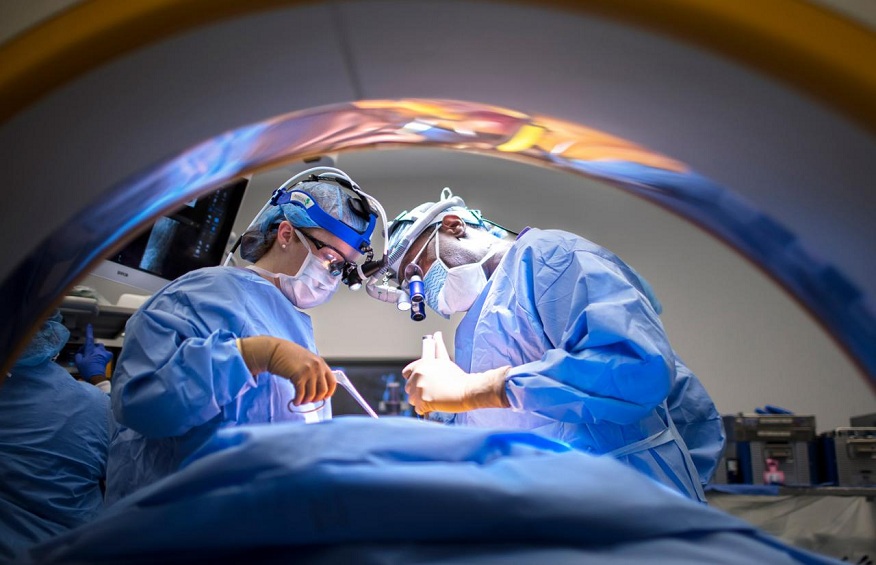Imagine finding out you’ve got cervical disc disease Roswell. It’s like a punch in the gut, isn’t it? All of a sudden, you’re thrown into a swirling vortex of terminology – neurosurgeons, neurologists. It’s overwhelming. Now, you’re not the first nor the last to be perplexed by this. So, today, we’re going to peel back this enigma, highlighting the stark differences between neurosurgeons and neurologists when it comes to dealing with cervical disc disease. It’s time we took charge of our health by understanding what these roles mean. So, get comfortable, let’s demystify this together.
What is a Neurosurgeon?
A neurosurgeon is a doctor who specializes in the surgical treatment of conditions that affect the brain, spine, and nerves. They are the ones who come into play when there’s a need for surgery – they are the scalpel-wielders.
What is a Neurologist?
On the other side, a neurologist is a doctor who specializes in diagnosing and treating diseases of the brain, spine, and nerves. However, their approach is non-surgical. They are the detectives – the masters of diagnosis.
When dealing with cervical disc disease
When it comes to something like cervical disc disease, both neurosurgeons and neurologists play critical roles. Here’s how they come into the picture:
- A Neurologist will be involved in the initial diagnosis. They will evaluate your symptoms, perform physical and neurological examinations, and order necessary tests.
- A Neurosurgeon steps in if and when there’s a need for surgery. If your disease progresses to a point where conservative treatments are no longer effective, that’s when a neurosurgeon takes the baton.
So, who should you see?
When you’re diagnosed with a condition like cervical disc disease, you’re likely to see both a neurologist and a neurosurgeon at different stages of your treatment. The key is to remember that they work together – it’s not a competition, but a collaboration.
Bottom Line
Understanding the roles of a neurosurgeon and a neurologist in managing cervical disc disease can remove a lot of confusion and stress. They both have crucial roles to play and work together to ensure you receive the best possible care. So don’t worry, you’re in good hands.

